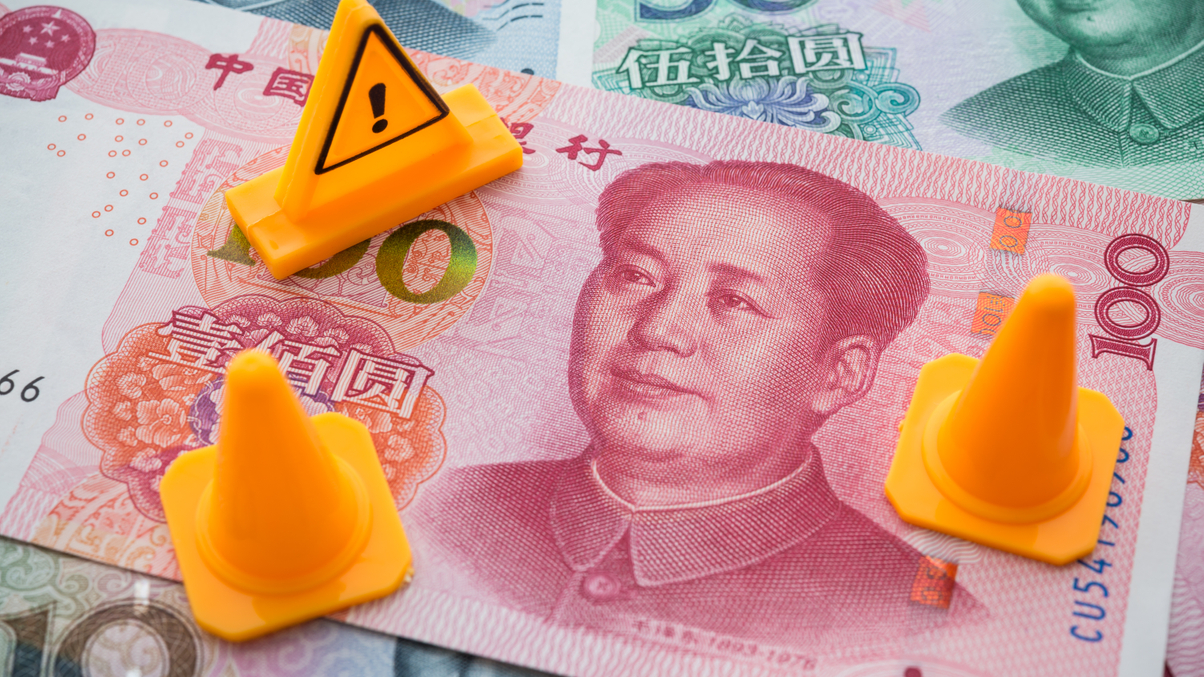Why foreign investors face an FX headache in China
Foreign investors face limitations on hedging and lending against their renminbi holdings at a time when their renminbi holdings are growing and the Chinese currency has depreciated.

Foreign investors in China face a growing currency headache as the proportion of their exposure to Chinese securities increases, according to some industry experts.
Sign in to read on!
Registered users get 2 free articles in 30 days.
Subscribers have full unlimited access to AsianInvestor
Not signed up? New users get 2 free articles per month, plus a 7-day unlimited free trial.
¬ Haymarket Media Limited. All rights reserved.


